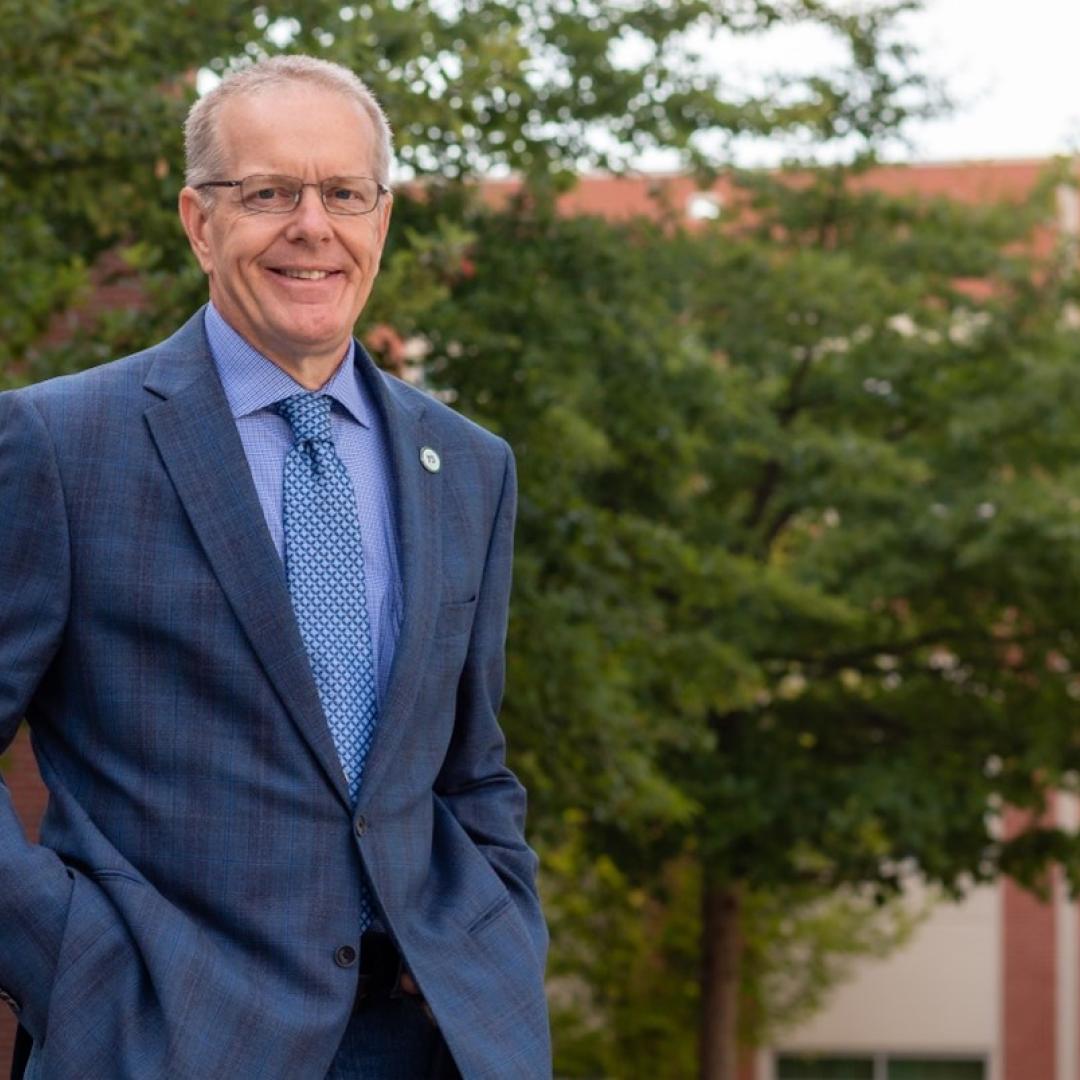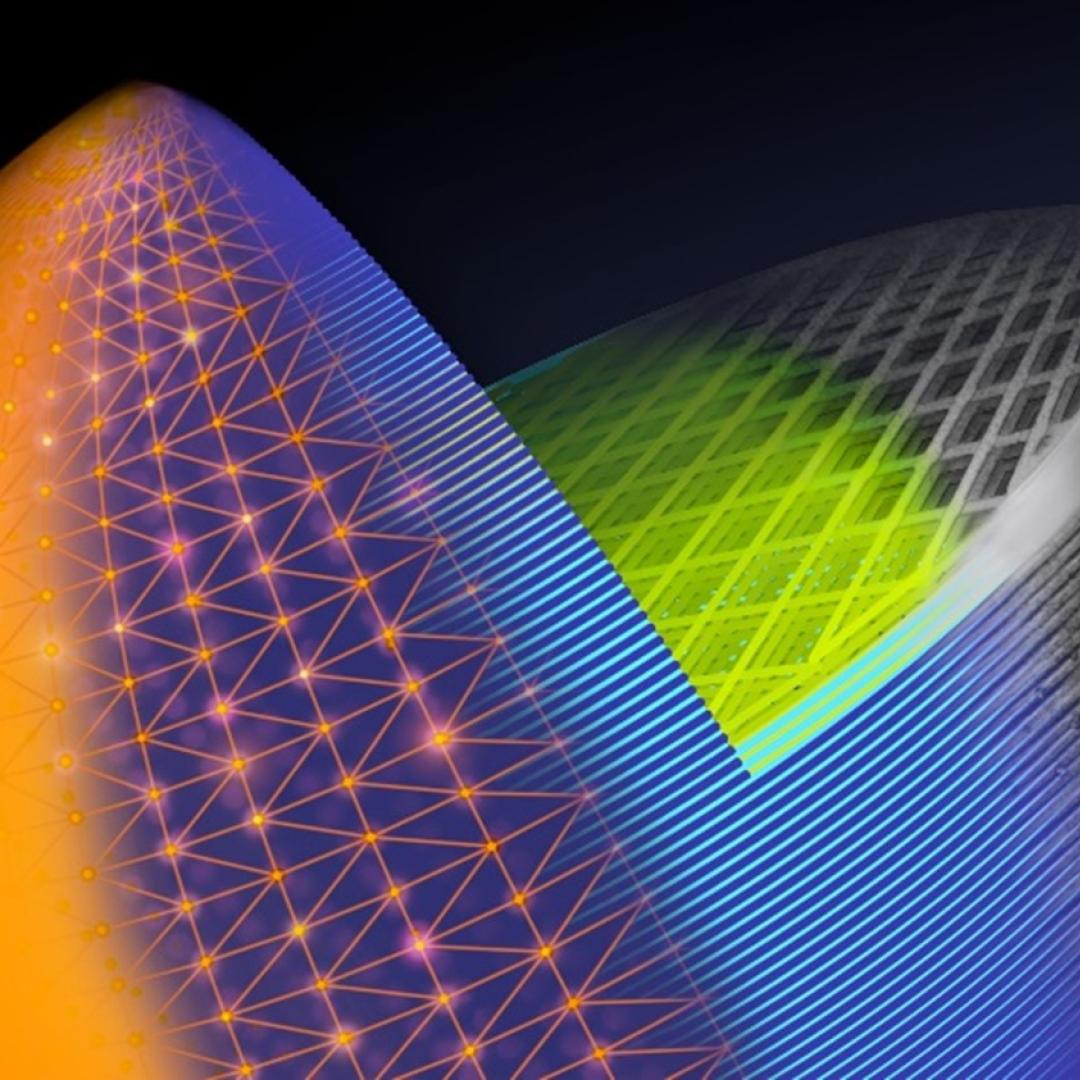
Filter News
Area of Research
- (-) Clean Energy (177)
- (-) National Security (41)
- Advanced Manufacturing (2)
- Biological Systems (2)
- Biology and Environment (137)
- Biology and Soft Matter (1)
- Building Technologies (1)
- Climate and Environmental Systems (5)
- Computational Biology (2)
- Computational Engineering (3)
- Computer Science (17)
- Electricity and Smart Grid (3)
- Energy Sciences (1)
- Functional Materials for Energy (2)
- Fusion and Fission (10)
- Fusion Energy (2)
- Isotopes (3)
- Materials (86)
- Materials for Computing (15)
- Mathematics (1)
- Neutron Science (35)
- Nuclear Science and Technology (4)
- Quantum information Science (8)
- Sensors and Controls (1)
- Supercomputing (152)
News Topics
- (-) Artificial Intelligence (19)
- (-) Bioenergy (28)
- (-) Computer Science (41)
- (-) Energy Storage (72)
- (-) Environment (59)
- (-) Frontier (2)
- (-) Grid (44)
- (-) Machine Learning (18)
- (-) Mercury (3)
- (-) Microscopy (8)
- (-) Summit (6)
- 3-D Printing/Advanced Manufacturing (80)
- Advanced Reactors (7)
- Big Data (11)
- Biology (14)
- Biomedical (7)
- Biotechnology (5)
- Buildings (36)
- Chemical Sciences (14)
- Clean Water (8)
- Climate Change (25)
- Composites (17)
- Coronavirus (14)
- Critical Materials (9)
- Cybersecurity (25)
- Decarbonization (34)
- Exascale Computing (2)
- Fossil Energy (2)
- Fusion (2)
- High-Performance Computing (10)
- Hydropower (2)
- Isotopes (1)
- Materials (36)
- Materials Science (29)
- Mathematics (2)
- Microelectronics (1)
- Molten Salt (1)
- Nanotechnology (9)
- National Security (36)
- Net Zero (3)
- Neutron Science (15)
- Nuclear Energy (11)
- Partnerships (15)
- Physics (2)
- Polymers (11)
- Quantum Science (3)
- Renewable Energy (1)
- Security (15)
- Simulation (4)
- Space Exploration (3)
- Statistics (1)
- Sustainable Energy (69)
- Transformational Challenge Reactor (3)
- Transportation (67)
Media Contacts
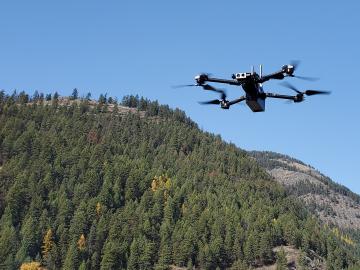
As climate change leads to larger and more frequent wildfires, researchers at ORNL are using sensors, drones and machine learning to both prevent fires and reduce their damage to the electric grid.
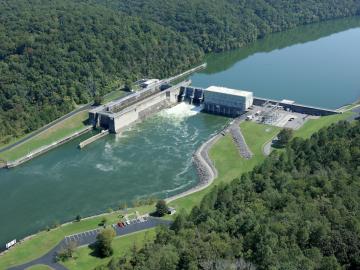
To further the potential benefits of the nation’s hydropower resources, researchers at Oak Ridge National Laboratory have developed and maintain a comprehensive water energy digital platform called HydroSource.
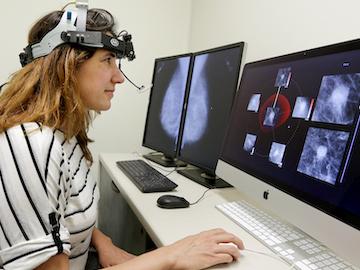
Cameras see the world differently than humans. Resolution, equipment, lighting, distance and atmospheric conditions can impact how a person interprets objects on a photo.
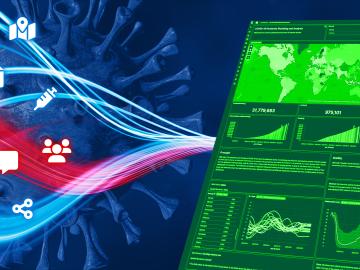
When the COVID-19 pandemic stunned the world in 2020, researchers at ORNL wondered how they could extend their support and help
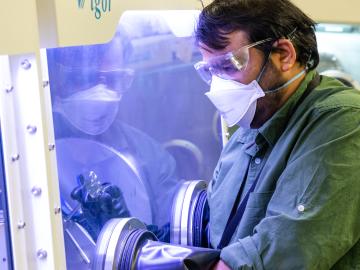
Mechanical engineer Marm Dixit’s work is all about getting electricity to flow efficiently from one end of a solid-state battery to the other. It’s a high-stakes problem
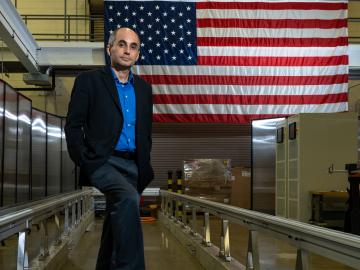
Burak Ozpineci, a Corporate Fellow and section head for Vehicle and Mobility Systems Research at Oak Ridge National Laboratory, is one of six international recipients of the eighth Nagamori Award.
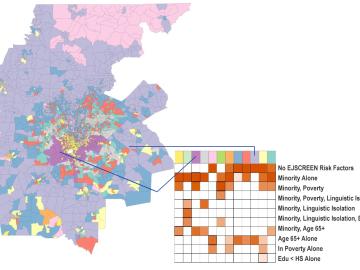
Scientists develop environmental justice lens to identify neighborhoods vulnerable to climate change
A new capability to identify urban neighborhoods, down to the block and building level, that are most vulnerable to climate change could help ensure that mitigation and resilience programs reach the people who need them the most.
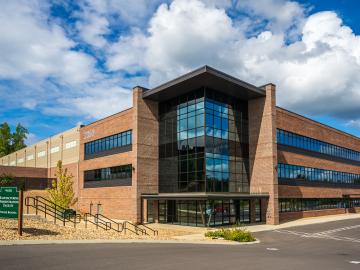
ORNL scientists will present new technologies available for licensing during the annual Technology Innovation Showcase. The event is 9 a.m. to 3 p.m. Thursday, June 16, at the Manufacturing Demonstration Facility at ORNL’s Hardin Valley campus.
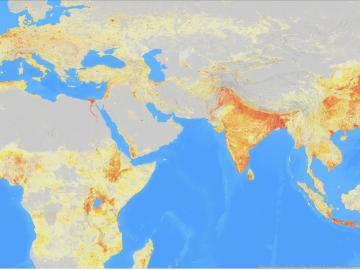
It’s a simple premise: To truly improve the health, safety, and security of human beings, you must first understand where those individuals are.
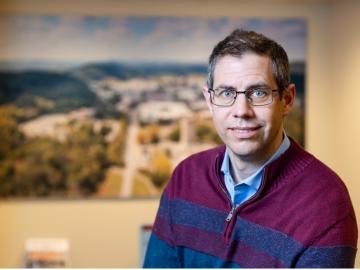
What’s getting Jim Szybist fired up these days? It’s the opportunity to apply his years of alternative fuel combustion and thermodynamics research to the challenge of cleaning up the hard-to-decarbonize, heavy-duty mobility sector — from airplanes to locomotives to ships and massive farm combines.


